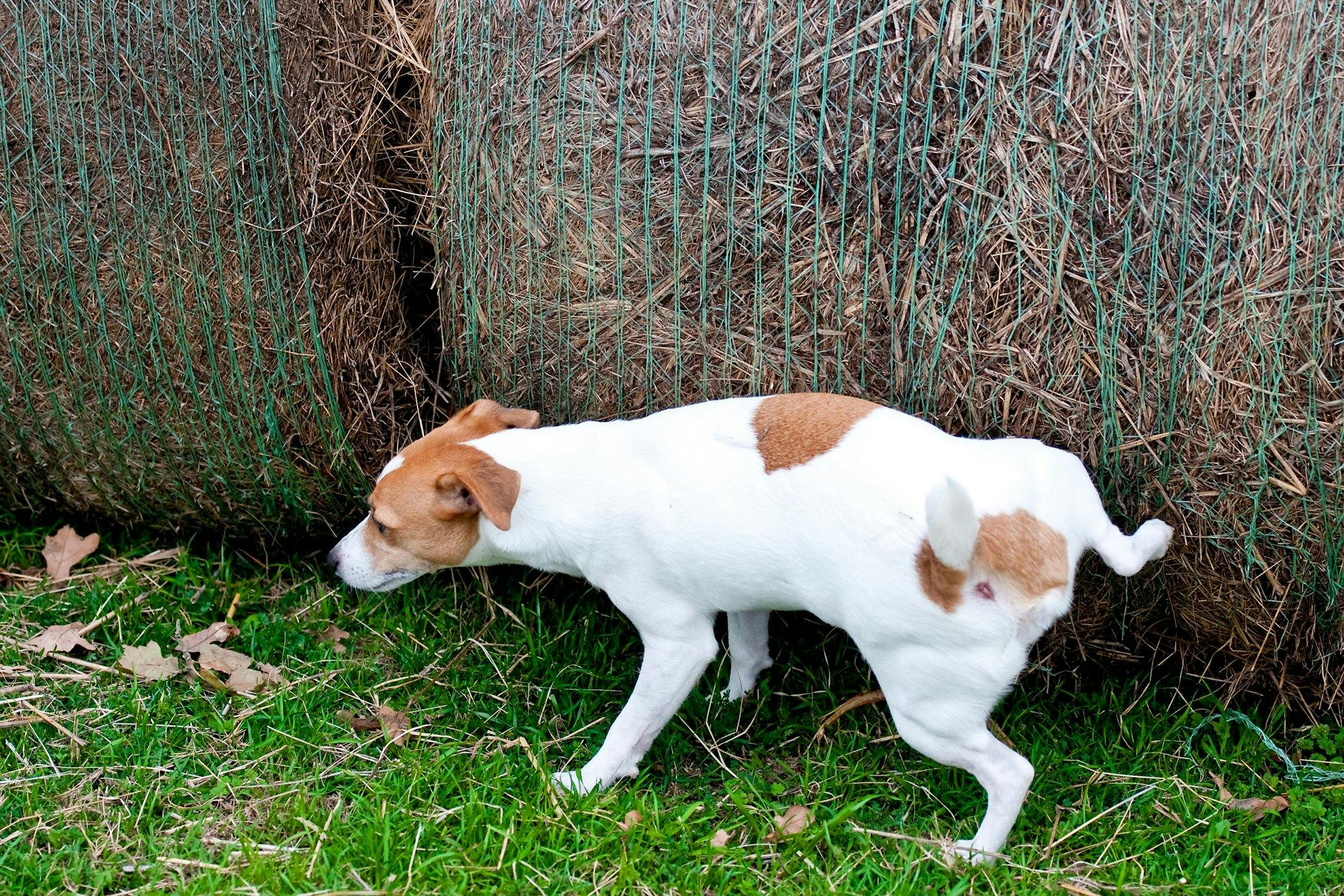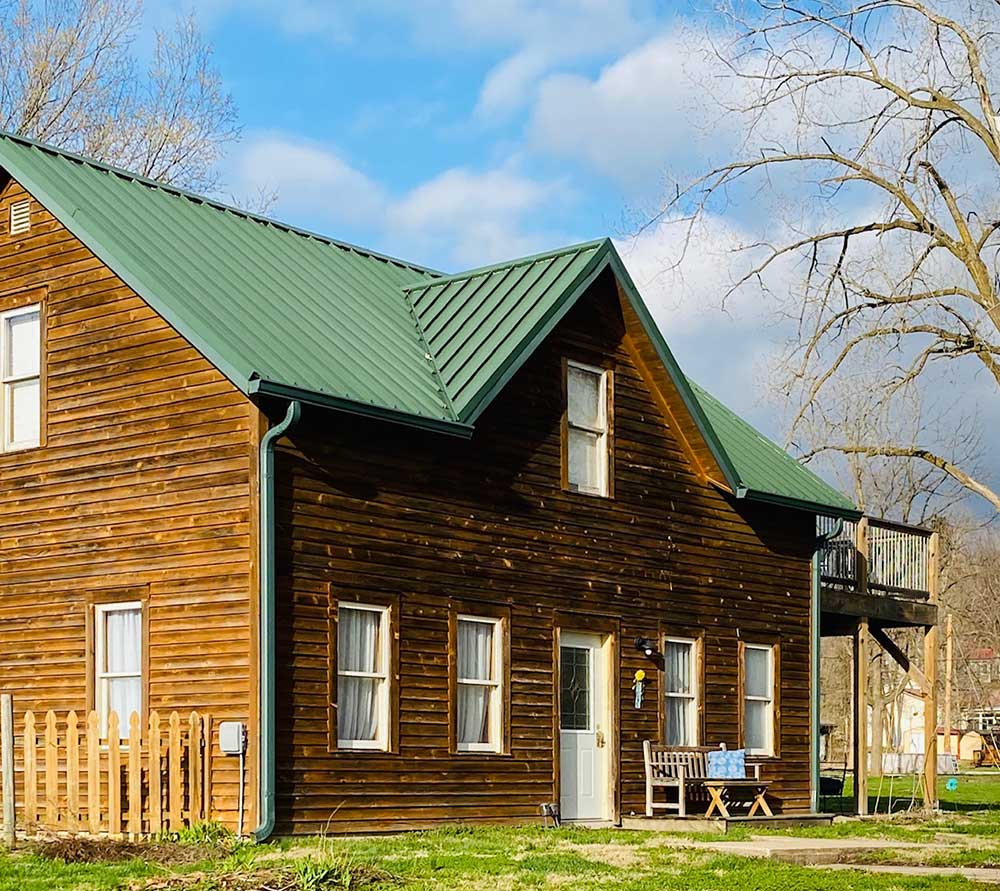Table Of Content

Consider using pheromone-based products, providing plenty of outdoor potty breaks, and addressing any underlying anxiety or territorial issues that may be contributing to the behavior. As more dog owners seek help in training their furry companions, professional dog training services have become increasingly popular. Working with a professional trainer can provide you with the guidance and support needed to address house soiling issues and improve your dog’s behavior.
SOS: Why Does My Dog Pee When I Pet Them?
“This allows you to track how long they are holding it and help get you both on a routine to success,” Ellis says. Getting your dog to pee outside may be as simple as adjusting their potty schedule to fit their daily rhythm. Certain health problems may lead to urinary issues, such as kidney disease, diabetes, and Cushing's disease. Your dog could be experiencing an injury, joint issues, or arthritis, making it painful for them to get up to go outside for potty breaks. Your vet may recommend additional diagnostic testing to rule out one or more diseases depending on your dog's other symptoms (if any). There can be many reasons that your adult dog or puppy urinates inside your home, whatever that may be peeing inside is a big No No, and something you will want to put a stop to immediately.
Are there products that can help stop urination in the house?
This is because the urine gets into the fiber of the carpet and the padding. If your dog pees small amounts in multiple places, they might have a UTI. If they pee during a thunderstorm, stress might cause them to have accidents. If your dog is also showing atypical behaviors, like wandering the house at night or increased anxiety, they could suffer from cognitive dysfunction. Experts advise pet parents to seek professional advice rather than try to figure out the cause on their own.
Most Frequent Reasons Causing Senior Dogs To Suddenly Start Peeing Inside
[ad_1]Having a dog is a wonderful experience, but dealing with the occasional accident in the house can be frustrating. If you’re struggling with your furry friend peeing in the house, you’re not alone. Many pet owners face this issue, but the good news is that there are effective ways to stop dogs from peeing in the house. In this article, we’ll explore some tips and tricks to help you tackle this problem and keep your home clean and odor-free. Doggy anxiety, fear, over-excitement or submission may all cause a dog to pee in the house, says Dr. Wuellner.
Citrus Scents: Homemade Deterrent Solutions for Dog Urine
Adaptil products are drug-free and mimic the natural hormones that mother dogs emit to make their puppies feel safe and calm. The diffuser covers up to 700 square feet and can be used in the area of the house where your dog tends to tinkle. It’s odorless, so you won’t smell anything, but you may notice a difference in your dog’s anxiety. If you pay close attention to when and where your dog pees, you may notice a pattern.
What to Do If Your House-Trained Dog Starts Peeing Indoors - SheKnows
What to Do If Your House-Trained Dog Starts Peeing Indoors.
Posted: Fri, 23 Aug 2019 18:13:37 GMT [source]
Use an enzymatic cleaner to remove the scent and discourage your dog from peeing in the same spot again. Crates can provide a safe and secure space for your dog when you are not able to supervise them, helping to prevent accidents in the house. By using a crate properly, you can help your dog learn to hold their bladder and only go to the bathroom outside. To train your dog to signal when they need to go outside, teach them a specific potty cue, such as ringing a bell or sitting by the door. Use positive reinforcement, reward good behavior, and encourage your dog to communicate their needs effectively. With consistent training, your dog will learn to signal when they need to go potty outside.
Why Your Pet Having Random 'Accidents' Could Be a Sign of a Serious Issue - Newsweek
Why Your Pet Having Random 'Accidents' Could Be a Sign of a Serious Issue.
Posted: Sat, 04 Jun 2022 07:00:00 GMT [source]
You can usually identify this as your dog may start to urinate more often or you may notice their ruin smells or contains blood. They may just need antibiotics, but other bladder issues may need surgery so get them looked at. Watch their behavior for signs of stress such as not wanting to eat, being restless or panting lots and visit the vet if you’re concerned.

In this article, we will discuss how to stop your dog from peeing in the house, as well as explore some interesting trends related to the topic. Some medications make dogs extra thirsty, causing them to drink so much water they can’t hold it as long, so they go in the house. If your adult dog has started a new medication, is suddenly peeing in the house, and you are also wondering why your dog is peeing so much, schedule a visit with the veterinarian. “Senior dogs are more likely to get some medical issues that can lead to them urinating in the house, like kidney disease, diabetes, other endocrine diseases, urinary tract infections,” says Dr. Aona. But if they have been marking for a long time, a pattern may already be established.
If your dog continues to pee inside despite housetraining efforts, you may need to use deterrents to discourage the behavior. Citrus sprays, motion-activated alarms, and bitter-tasting sprays can help deter your dog from peeing in certain areas of the house. Keeping a close eye on your dog and monitoring their behavior can help prevent accidents in the house. By supervising your dog when they are inside, you can catch any signs that they need to go to the bathroom and take them outside in time. The main reason that puppies pee indoors after going outside is that they are comfortable and happy indoors.
Instead, focus on establishing a consistent bathroom routine and monitoring your dog’s behavior to prevent accidents in the house. Another possible cause of your dog peeing indoors can be behavioral problems. Monitoring your dog’s water intake can help prevent accidents and manage their bathroom habits. Ensure that your dog has access to fresh water throughout the day and monitor their intake to prevent dehydration or overconsumption, which can contribute to urination issues. Environmental changes, separation anxiety, or fear can trigger urination problems in dogs. Addressing the underlying anxiety through behavior modification, training, and environmental enrichment can help alleviate the issue.
Use positive reinforcement to reward your dog for urinating in designated areas and be patient as they learn proper bathroom habits. Especially with puppies, you need to accept that toilet training takes time. It won’t happen overnight, and it can take several weeks before your little friend gets it down. And, even when they have seemingly mastered the concept, accidents can and do still happen. Be consistent with your training efforts, don’t reprimand or shout at the dog, and keep going.
Dogs peeing in unwanted spots, whether it’s in the house or on top of a flower garden in the backyard, can be stressful for pet owners. But with some work and patience, you can address the problem and help prevent future incidents. Though accidents happen, it can be very frustrating if your adult dog is constantly peeing in the house. Inappropriate urination is a common issue in dogs that should be addressed as soon as possible. There are many medical conditions that can contribute to dogs peeing in the house.

No comments:
Post a Comment